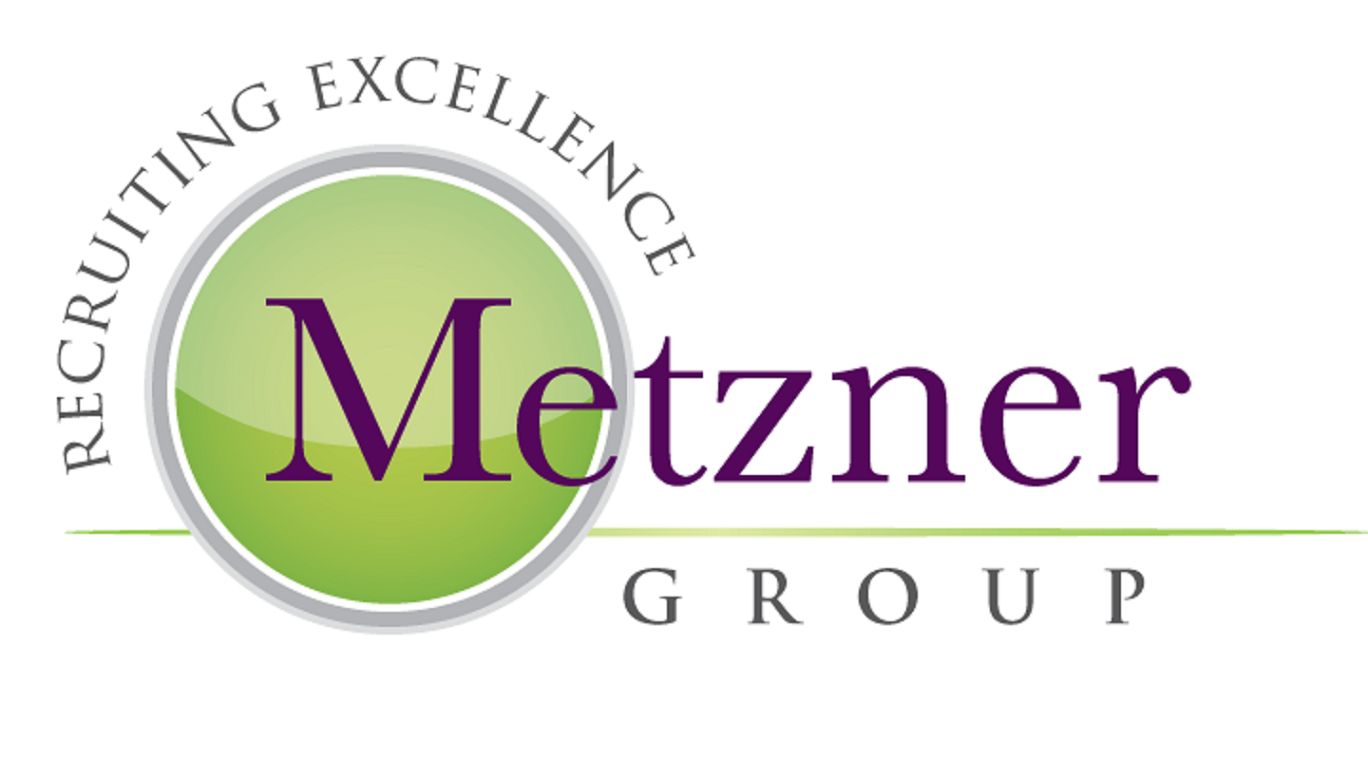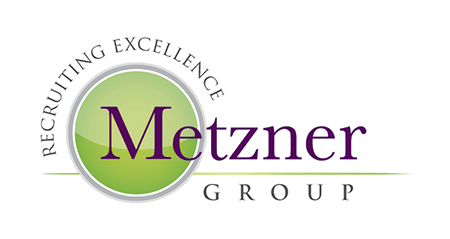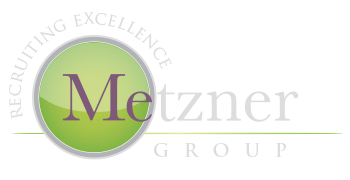Civil Engineering Employees Should Embrace Company Ownership
Privately held civil engineering firms can attract staff by offering the benefit of ownership through Employee Stock Ownership Plans (ESOPs). Privately held firms give stock to motivate and reward employees. Companies also offer staff the chance to purchase company stock. Work hard and own a piece of the company, which translates to employees sharing in the success!
Today as firms build succession plans and transition leadership, implementation of ESOPs are increasing. Steve Gido, Principal at Rusk O’Brien Gido + Partners, says the incorporation of ESOPs into a company’s benefits plan changes upon the current financial conditions and also leadership preference. “The popularity of ESOPs waxes and wanes with economic cycles and tax laws. We have found that some leaders love them and others don’t.”
Company leaders aren’t the only ones with mixed feelings about ESOPS. In the wake of the Enron scandal in 2001, employees are hesitant to invest too much of their retirement savings in company stock. This viewpoint is understandable. If the company stock takes a beating, then so does the employee’s retirement savings. But, are there other factors contributing to employees rejecting potentially valuable company stock?
LOYALTY
Employee loyalty is a powerful concept within any company. A loyal employee is committed to the success of the firm. This includes propelling the company ahead of the competition by doing great work, helping to recruiting top talent and championing the firm’s mission.
With mergers and acquisitions on the rise within the ENR Top 500 firms, layoffs are also on the rise. Subsequently, employee loyalty is on the decline. Industry consolidation often brings cuts of redundant staff and services. Loyal employees end up without a job and the staff who are retained tend to be less engaged. What happened to a firm’s loyalty to its staff?
If an employee was fortunate to own stock, then the individual could receive a good payout from the stock’s value. If an employee does not own stock, then that person may simply be out of a job with little to no financial compensation for their previous service.
LENGTH OF SERVICE
As a civil engineering recruiter who advises engineers on job offers, I stress the value of working for a firm with ownership potential. Most tell me if they are going to put money aside, they would rather invest in a company retirement plan, aka 401(k), rather than company stock. Many junior to mid-level civil engineers tell me that it is unimaginable to them that their length of employment at any firm would be more than five years. They are convinced that in a large A/E firm, they are just one of many engineers. Similarly, engineers employed by small to mid-size firms believe they are at the mercy of the efforts of more senior engineers and the marketing staff. Engineers ask, “Why would I care if a firm offers stock ownership when I probably won’t be there five or more years?”
LACK OF PLANNING
Another reason many employees don’t take advantage or see the value of ESOPs is because they live paycheck to paycheck. I can sympathize with this viewpoint. I also bypassed saving for retirement early in my career. As a young recruiter, I was afraid to contribute to my retirement as that money may be needed for immediate, short-term needs. Planning for retirement for wasn’t important since retirement was MANY years away. I had plenty of time to save for retirement. Although I now put money aside, retirement age approached much faster than I expected.
ESOPs are an important component to retirement planning and one civil engineers should embrace when presented. Various studies have demonstrated plan benefits of participation. Companies that utilize ESOPs grow approximately 10 percent faster than companies that do have employee ownership. Subsequently, ESOP participants receive salaries that are up to 12 percent higher and have retirement packages valued as much as three times higher compared to those similar companies that do not offer ESOPs. Since diversification is also important, approximately 60 percent of ESOP firms offer at least one additional retirement plan option.
So while detractors present strong points as to why they do or will not participate, ESOPs provide demonstrated results for better company performance, which in turn leads to higher wages and increased retirement savings.
The Metzner Group Blog




